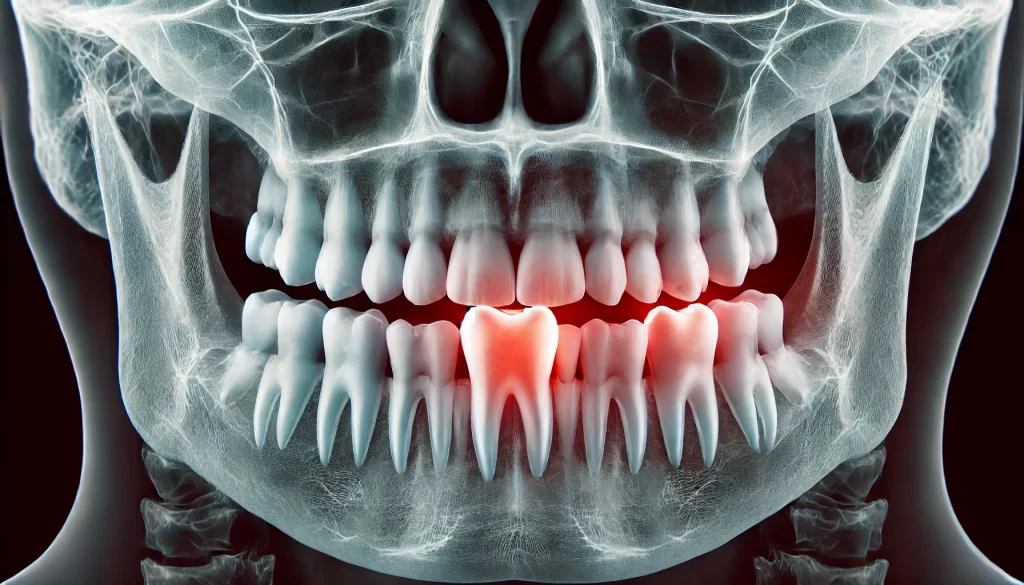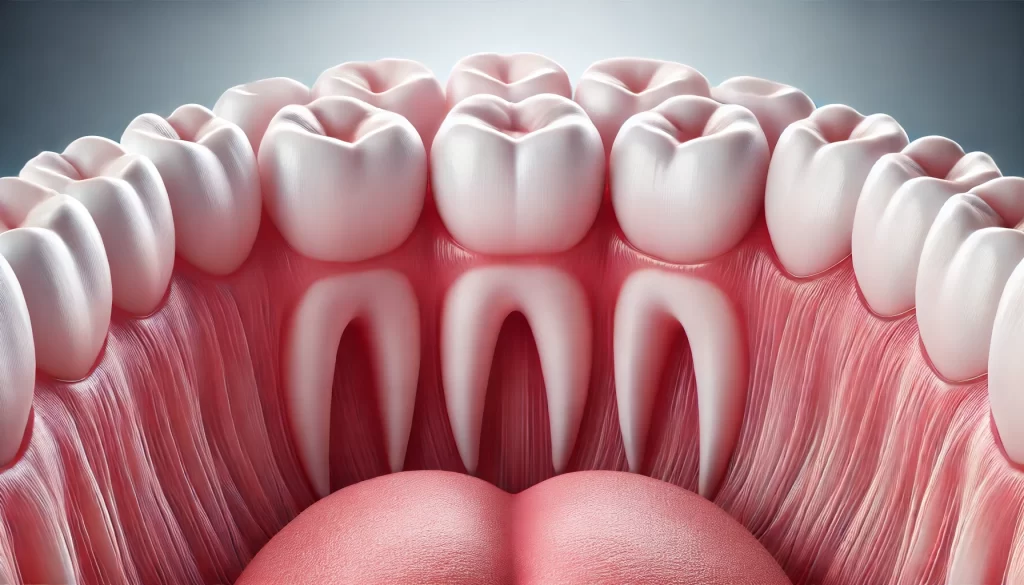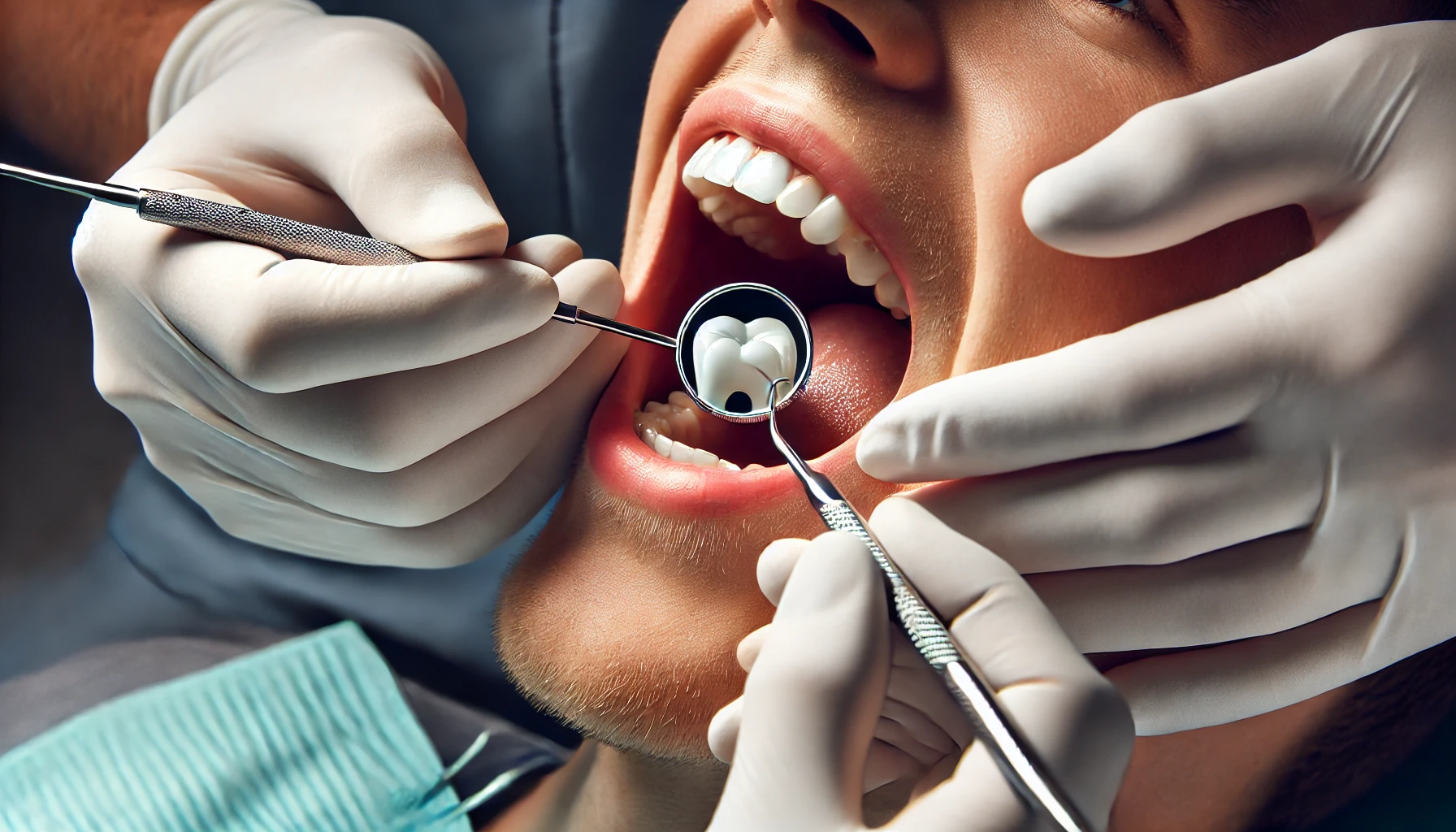Table of Contents
When your wisdom teeth start to emerge, you might ask yourself, “Can you keep your wisdom teeth if they don’t hurt?” It’s a common belief that if wisdom teeth aren’t causing pain, there’s no need to be concerned. However, this assumption can be misleading. In this article, we’ll delve into whether keeping your wisdom teeth is advisable if they aren’t causing discomfort. By the end, you’ll have a clear answer to the question, “Can you keep your wisdom teeth if they don’t hurt?” and understand the potential risks involved.
What Are Wisdom Teeth?

Wisdom teeth, or third molars, are the last teeth to develop in the mouth. They typically emerge between the ages of 17 and 25. Some people have enough space in their mouths for these teeth to grow without any problems. However, for many, wisdom teeth can cause a variety of issues.
Why Do Some People Keep Their Wisdom Teeth?
You might wonder, “Can you keep your wisdom teeth if they don’t hurt?” The answer isn’t as simple as yes or no. Some people keep their wisdom teeth for their lives without any problems. Dentists may not see the need for removal if the teeth are healthy, fully erupted, properly aligned, and easy to clean.
The Hidden Dangers of Keeping Wisdom Teeth

Even though a lack of pain might make it seem like everything is fine, hidden dangers can still lurk beneath the surface. So, the question remains: Can you keep your wisdom teeth if they don’t hurt? Here are some potential issues to consider.
1. Crowding of Other Teeth
Even if your wisdom teeth aren’t causing pain, they might pressure your other teeth. This can lead to crowding, making it difficult to clean your teeth properly. Over time, this can result in cavities and gum disease.
2. Risk of Infection
Wisdom teeth are located at the back of your mouth, making them harder to clean. This can lead to bacteria buildup, which increases the risk of infection. An infection can develop without any initial pain but can become serious if left untreated.
3. Cysts and Tumors
In some cases, wisdom teeth can develop cysts or tumors. These can cause damage to your jawbone and surrounding teeth. Again, this can happen without noticeable pain, making monitoring your wisdom teeth regularly crucial.
Signs Your Wisdom Teeth Should Be Removed
Even if your wisdom teeth don’t hurt, you should still be aware of certain signs that might suggest they need to be removed. So, can you keep your wisdom teeth if they don’t hurt? Here are some indicators that removal might be necessary.
- Gum inflammation or redness: This could be a sign of infection.
- Bad breath or an unpleasant taste in your mouth might indicate bacteria buildup.
- Difficulty opening your mouth: This could suggest that your wisdom teeth are causing problems with your jaw.
When Is It Safe to Keep Your Wisdom Teeth?
On the flip side, there are situations where you can keep your wisdom teeth without worry. If your wisdom teeth are fully erupted and appropriately aligned with your other teeth, and you can clean them quickly, they may not need to be removed. Regular dental checkups and X-rays will help ensure they remain problem-free.
The Role of Regular Dental Checkups
Regular dental checkups are essential in deciding whether to keep your wisdom teeth. During these visits, your dentist can take X-rays to check the position of your wisdom teeth and look for any signs of trouble. If problems are detected early, you can avoid pain and complications later.
What If Wisdom Teeth Start Hurting Later?
Sometimes, wisdom teeth that didn’t cause problems initially can start to hurt later in life. This could be due to changes in your jaw, tooth decay, or gum disease. If this happens, it’s essential to see your dentist right away. Delaying treatment can lead to more severe complications.
Also Read: How Fast Can You Lose 10 lbs? Discover the Surprising Truth
The Importance of Personal Oral Hygiene
Even if you decide to keep your wisdom teeth, maintaining good oral hygiene is crucial. This includes brushing and flossing regularly, paying particular attention to the back of your mouth where your wisdom teeth are. This can help prevent the buildup of bacteria that leads to infection and decay.
So, can you keep your wisdom teeth if they don’t hurt? The answer depends on your unique situation. While some people can keep their wisdom teeth without any issues, others may face hidden dangers that can lead to serious dental problems. Regular checkups with your dentist, good oral hygiene, and awareness of any changes in your mouth are vital to maintaining healthy wisdom teeth.
In the end, you should discuss whether to remove or keep your wisdom teeth with your dentist. They can assess your teeth’s condition and suggest the best course of action. If your wisdom teeth are not hurting, it’s important to weigh all the factors before determining whether or not to keep them extracted. If you’re uncertain, don’t hesitate to seek a second opinion to ensure you make the best choice for your dental health.




